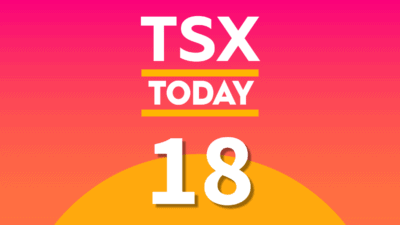If you’re looking for strong, predictable earnings and reliable dividends, look no further than Canada’s big three telecommunications providers. With subscription-based revenue and limited competition, these companies are able to generate very consistent cash flow, something that all dividend investors should be looking for.
On that note, below we take a look at two of the big three, in an attempt to determine which one is more worth buying.
BCE
With a market capitalization of nearly $40 billion, BCE (TSX: BCE)(NYSE: BCE) is easily Canada’s largest telecommunications company. It’s also been on a very nice run, with the shares gaining in value every year since 2009 — over the past five years, its shares have returned nearly 20% per year.
The company is facing plenty of headwinds, just like its peers are. The Canadian government is trying to bring greater competition to the wireless market, and introducing stricter regulations in the meantime. The emergence of streaming services threatens BCE’s TV and media divisions, which together account for nearly a quarter of revenue. Also, costs for things like wireless spectrum and NHL broadcasting rights have skyrocketed.
However, BCE is still able to keep producing consistent earnings, most of which get paid out in dividends. The company is not particularly expensive either, trading at 15 times forward earnings. As a result, the shares yield over 5%.
Telus
The last five years have been even better for shareholders of Telus (TSX: T)(NYSE: TU) — over this stretch, the company’s shares have returned over 25% per year.
This has been no fluke; Telus has been outperforming its peers by a wide margin. For example, in the most recent quarter, Telus added 48,000 net new wireless subscribers, easily beating its two rivals. It’s also doing a fantastic job keeping these subscribers satisfied; in a typical month, less than 1% of wireless subscribers cancel their service.
This is all showing up in the company’s financial results. Last year both revenue and EBITDA increased by more than 4%. Thanks to some strong share buyback activity, earnings per share increased more than 9%. Telus has thus been able to bump up its payout; dividends declared per share increased more than 11% in 2013, and have been raised again this year.
Remarkably, Telus still only trades at 15 times forward earnings, just like BCE. As a result, the shares yield a healthy 3.8%.
So which stock should you buy? Well, if you’re looking to hit a home run, probably neither. But if you’re looking for good, safe dividends, then you should probably add both to your portfolio.







